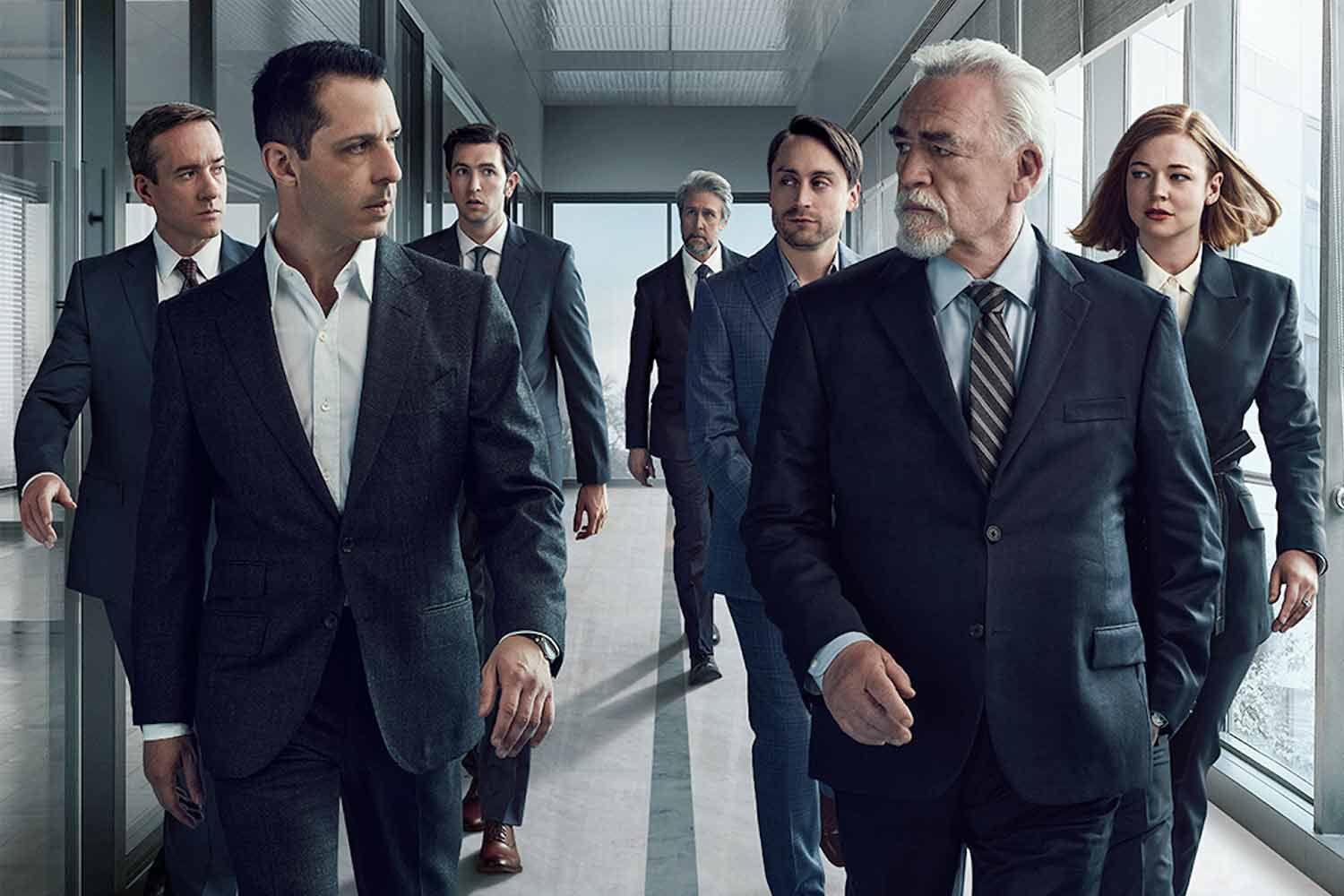The convergences are (as Dame Edna would say) ‘spooky’. Shortly after TV’s drama performer of the year, Succession, came a close, the Murdoch family announced the NewsCorp succession plan. At the same time, Showtime’s Billions, which focused on the legal system’s attempts to hold a charismatic but unscrupulous financier to account, concluded its seventh series just as the American justice system began to close in on the corporate conduct of Donald Trump. One way or another, monstrous versions of capitalism have featured not only in the news headlines, but also in our entertainment diet.
The narrative focus of these shows, and others like them, may constitute one of the more insidious products of the decades of neoliberalism. In fact, Billions, more than Succession, is neoliberalism’s perfect vehicle with its cynical celebration of a toxic and venal individualism, as it offers up its lead character’s uncomplicated ruthlessness for admiration. In both series, nonetheless, it is hard for us to extract entertainment from these narratives without allowing ourselves to accrue at least a little complicity in their politics.
Back in 2004, when I was researching the rapid expansion of reality TV franchises, I found myself in a hotel room in Toronto watching the first series of The Apprentice, the reality TV show that first brought Donald Trump to media audiences. Watching it was a strange experience; the world into which it provided its insights was both familiar and inscrutable. Trump’s decisions on which contestant was the next to be fired were always delivered with conviction, and some kind of justification. Nonetheless, it was notoriously difficult to predict these decisions as the series progressed, even by applying the principles which had seemed implicit in the decisions that had gone before. Just who was going to be fired was always a mystery until the very end of each episode.
What seemed to hold these judgements together was a certain personal style, rather than a set of management principles. It was hard not to be impressed by how proudly brutal, how utterly instrumental, they were. And, of course, the less predictable they were, the more magical was the person making them. This is where Trump got his public persona from, not from his endless spruiking ‘the art of the deal’. He was the wizard king of capitalism, the purveyor of judgements that might have seemed entirely arbitrary if they hadn’t been delivered so emphatically. And of course, the more inscrutable these decisions were, the more of a savant Trump appeared to be.
Trump’s television celebrity in The Apprentice was just one part of a snowball, as media audiences’ attraction to this licentious form of capitalism gradually gathered pace over the following decades. The more brutal it was, and the more carelessly it dealt with the laws and regulations meant to keep business on the right side of the law, the more interested audiences became.
Succession, the culmination of this tendency, perfected the creation of a new media monster for us to regard with awe and fascination: the vicious corporate mogul, ruthlessly harvesting the benefits of an unfettered form of global capitalism. The world of monstrous capitalism fascinates on the one hand because of the simplicity of what drives it –greed, revenge, the quest for personal power and its financial rewards –and on the other hand the complexity of the machinations required to survive it.
Ethical guidelines, personal loyalties, family connections, legal constraints, are all treated with disdain. Each member of the Roy family is constantly fizzing under the pressure of their suspicions and insecurities while they negotiate the minefield that lies between their personal ambitions and those of the rest of their dysfunctional family.
We might have thought we had moved on from this — the ‘Greed is Good’ decade was back in the 1980s, after all. And there is all the recent talk about Qantas and the loss of its ‘social licence’ as it exploited its workers, mistreated its customers, and grifted the government. Analysts tell us that businesses now understand that they need to treat their staff and their customers better. The social ‘bottom line’, we are told, now matters.
At the same time, we have a successful sub-genre of entertainment in which a monstrous form of capitalism is offered up as a spectacle in which we might find pleasure and engagement. And we do. Succession, in particular, with its forensic dissection of the interpersonal psychological violence that characterizes a winner-takes-all neoliberal individualism, has been avidly consumed as its seasons have unfolded.
It is more, though, than just a stylish piece of television.
In the end, it has to be acknowledged that Succession offers us this representation of the world as critique. Through its much-noticed tendency to call up what we know about the historical goings-on within the Murdoch family and News Corp, it directs us toward the parallels beyond our television screens. There is not that much of a distance between the monstrous capitalism of television and the monstrous capitalism uncovered by the Royal Commission into the banking and finance industries, or the various investigations of our privatized social services where businesses have been caught siphoning their profits out of the pockets of the most vulnerable in our communities.
The world of television drama and the world we live in are getting too close for comfort.



